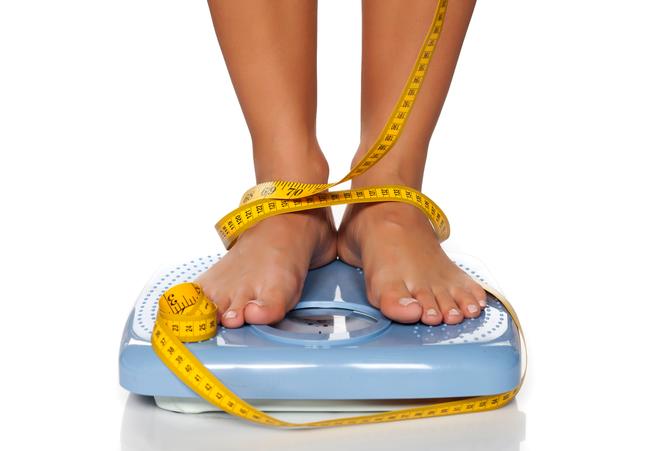
Weight management is for more than the looks. Your health is also an important factor, especially noting conditions that could put you at risk. As the field continues to evolve, you can now choose from a range of weight-loss surgeries. Going for weight loss surgery is a significant step. As such, choosing the best option can’t be stressed enough, facilitating the realization of desirable results. From the best surgeon, recommendations after the operations such as the best vitamins for immunity support, lifestyle choices, to mention a few, you need to give it some thought to facilitate better results.
Among the consideration that can help you pick the best weight loss surgery includes;
· Your situation (health and body type)
· Lifestyle
· Budget
The main weight-loss surgeries are;
Stomach restrictive: This entails limiting the stomach size, helping you to lower food intake and consequently shed some weight. The primary stomach restrictive weight-loss operations are;
· Sleeve gastrectomy
· Adjustable gastric band
Stomach restrictive and malabsorptive combination: The combination limits food intake and calorie absorption in the intestine track. Limiting the absorption is achieved through bypassing a part of the small intestine. This means that the weight loss degree depends on the malabsorption amount, which is determined by the length of your intestine bypassed. The primary approaches are;
· Gastric bypass – offers mild malabsorption
· Single-anastomosis duodenal switch – delivers moderate malabsorption
· Duodenal switch – results in significant malabsorption
The most successful type of surgery is arguably the one that results in dramatic weight loss. Based on this, then gastric bypass surgery is the go-to. The main benefit is that the surgery leads to fast and significant weight loss that happens within the first six months. The weight loss also progresses for up to two years following the surgery.
Due to the fast and dramatic weight loss, the surgery comes in handy while managing concern driven by obesity, such as;
· High blood pressure
· Heartburn
· Arthritis
· High cholesterol
· Sleep apnea
· Diabetes, to mention a few
The best part is that the surgery offers better long-term results, as you can keep the desired weight for as long as ten or more years.
Before you dive in, it is also worth noting the possible drawbacks. Since your body won’t absorb food as it used to, you might not get enough nutrients. This can be managed by taking supplements. A product such as bariatric vitamins helps to balance the nutrients, keeping dietary concerns at bay.
Dumping syndrome is another hiccup you might face. The condition is as the food dumps from the stomach into your intestines quickly before it is well digested. However, you can control it if you note what triggers it and avoid them. For instance, high-carbohydrate and sugary food is a known trigger. Considering your diet and including products like bariatric calcium chews after the surgery makes the experience better, facilitating the best results.
Choosing the best weight loss surgery can be a daunting task. However, taking your time to understand the operation, possible results, and risks should be prioritized. Talk to a pro, look for a second opinion, and pick an option that best matches your situation.

